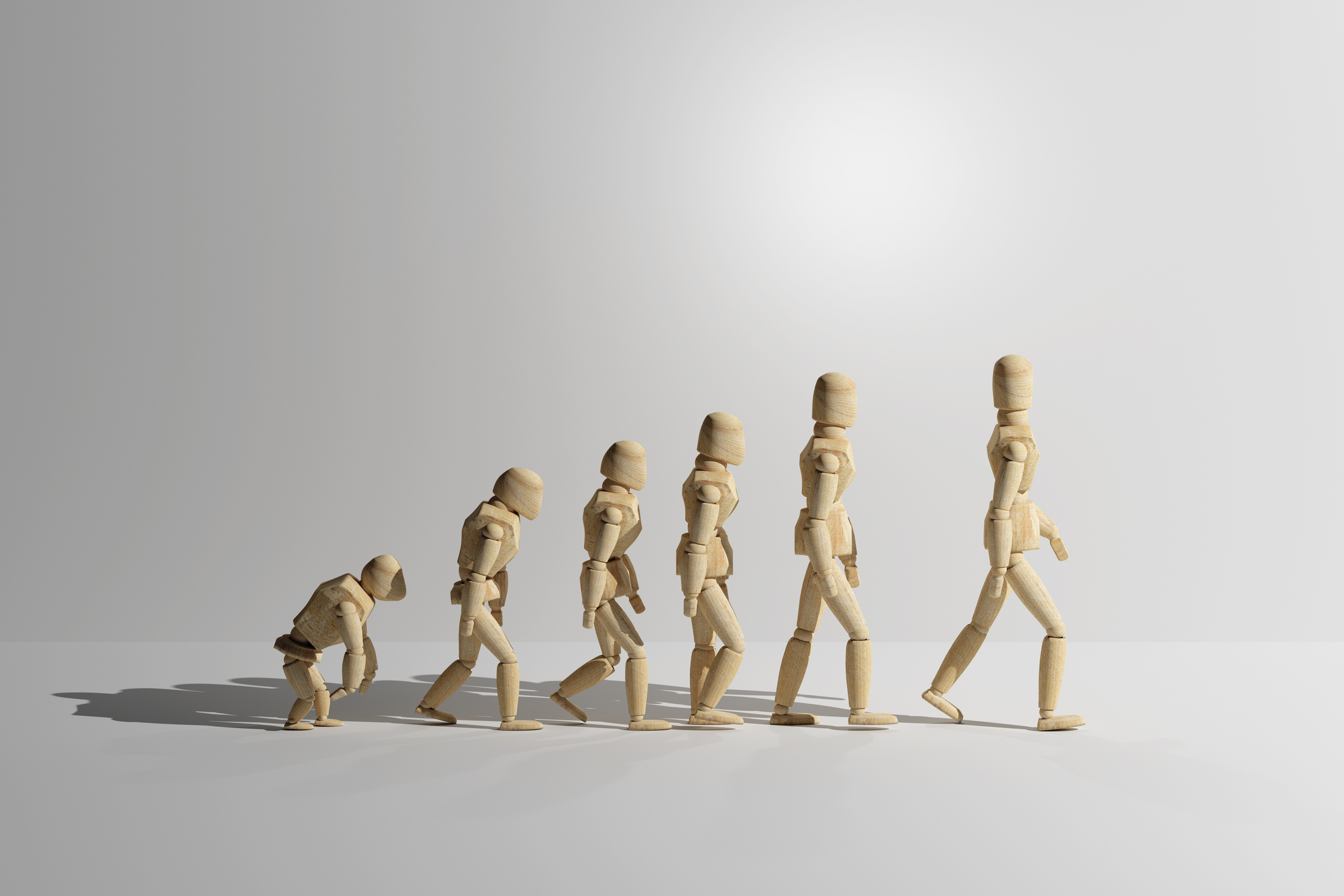
THE TRUTH ABOUT LANGUAGE
Michael C. Corballis
Auckland University Press
By PETER STUPPLES
This is a book summarising current ideas about language, both informing and entertaining the general reader, in the style of Adam Rutherford's popular The Stories of Our Genes, the sub-title of A Brief History of Everyone Who Ever Lived (2016).
Corballis also gives his book a subtitle: What it [language] is and where it came from.
Though we all think we know what language is and how it operates, the "truth'' is far more complicated.

Language groups have their own rules. Language evolves and rules change.
Most of us use language most of the time without thinking. It is a seamless part of the way our body/mind works.
This book concentrates less on language itself, but as a means of communication and medium of transmitting knowledge and the seamless relationship of language with mind/body as well as, a not unrelated topic, where language came from.
That relationship, between language and mind/body is contentious, disputed over the past 60 years by the behaviourist followers of B.F. Skinner, the universal grammar school of Noam Chomsky and the evolutionists led by Steven Pinker and Paul Bloom, a persuasion shared by Corballis himself. Language, it is contended, is a product of evolution, but Corballis doesn't fudge the problems this entails.
In the first chapter, entitled "Language Evolution: The Hardest Problem in Science?'', he notes "[this] was framed as a question but may indeed be true as a statement''.
He proceeds, towards the end of the book, to persuade the reader of this "truth''.
Corballis is persuasive, in the sense that he takes both evolution and modern scholarship in neuroscience and epigenetics seriously, describing what might be called the "long story'' of evolutionary development.
The problem, and one that will probably never go away, lies in the absence of facts.
We have, at best, around 5000 years of language facts whereas we need evidence from the period of time that Homo sapiens made their way from Africa, and, perhaps, beyond that our cousins the Neanderthals and Denisovans may also have had some form of language.
Language may not have begun with us. Evolution's "long story'' insists on complexity and the more we know the more complex the story of human development shows itself to be.
Corballis explains the evolutionary story, within the limits of evidence, making any "big bang'' theory of language seem ridiculously naive.
He also confidently outlines the relationship of language and mind/body.
We think, using language, but can we also think, "mind wander,'' without language. Indeed much of our creative thinking, our speculative mind, works at its most original self, without language.
"Thinking without Language'' is a chapter of considerable significance.
Corballis alerts us to physiological aspects of language acquisition, such as, a child cannot learn a language after the age of six without always having some noticeable accent.
He also makes much of social intelligence, the significance of language for bonding within a group and the richness of language through frequent and extensive use in social interactions over a range of social situations, as well as the human ability to create non-verbal languages of great complexity, such as the sign languages of the deaf.
The book is on less sure ground when speculation tends to dominate.
Corballis is an advocate of the "gesture first'' theory, language originating in posture and gesture rather than speech.
Much is made of this in the chapter "Hands on to Language,'' but Corballis relies for evidence on the speculation of philosophers and the observation of primates, on the informed hunches and suppositions of himself and others.
This may make the reader a little cautious, even sceptical, of the claim in the title of the book, that it is indeed The Truth about Language.
It seems like overplaying a hand, even attempting to undermine the very complexity of evolution that the writer elsewhere describes so convincingly.
Many developments of human behaviour happen alongside each other, interact to advance each other, as Corballis himself admits.
This hesitation aside, this book has a great deal to recommend it to the curious reader, including the avuncular style and gentle humour that make it such a pleasure to read.
Peter Stupples is a former University of Otago associate professor of Russian studies.













